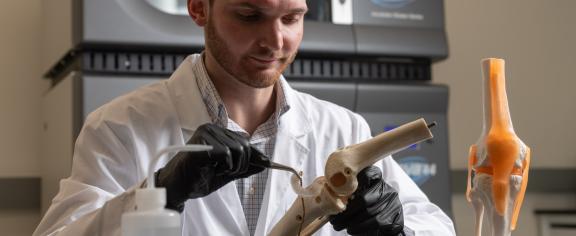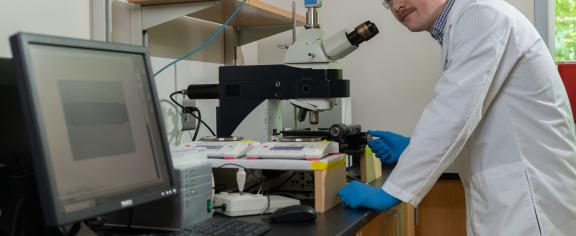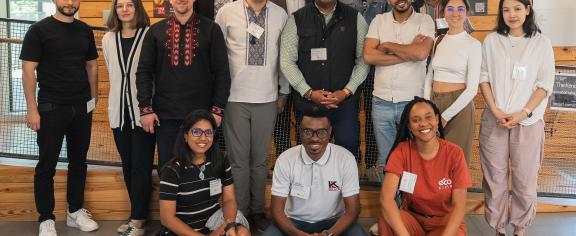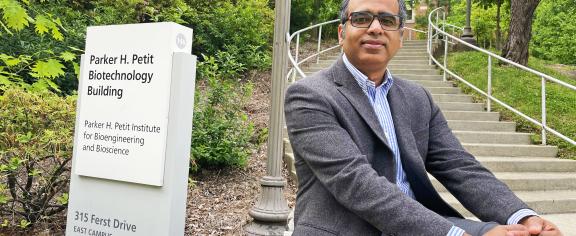2024-07-12
Georgia Tech researchers highlight the limitations of the "maternity care desert" measure in accurately representing access to obstetric care in Georgia, urging for more sophisticated, region-specific approaches to address the state's high maternal mortal
2024-07-11
The bio-inspired implant could help patients avoid total knee replacements, which are frequently required due to long-term degeneration caused by meniscus injuries.
2024-06-25
Abdallah will serve as LAU's 10th president.
2024-06-20
Improving mobile internet service by removing the data cap has large benefits for disadvantaged households.
2024-06-18
While most treatments for cardiac events target breaking down blood clots, Georgia Tech researchers have found a way to prevent blood clots from even forming.
2024-06-06
Assistant Professor Jan van den Brand was recently awarded a National Science Foundation (NSF) CAREER Award for his groundbreaking work developing more efficient algorithms.
2024-06-18
Entrepreneurs are on campus to learn how to scale and develop viable ecosystems for startup success.
2024-06-12
Researchers at Georgia Tech have developed a method using nanowires to deliver miRNA to T-cells, preserving their naïve state and significantly enhancing their effectiveness in adoptive T-cell therapy for fighting infections and potentially cancer.
2024-06-11
Georgia Tech researchers are developing sustainable ocean shipping solutions to meet global emissions targets through eco-friendly fuels, optimized supply chains, and life-cycle assessments.
2024-06-11
Georgia Tech researchers are developing sustainable ocean shipping solutions to meet global emissions targets through eco-friendly fuels, optimized supply chains, and life-cycle assessments.








